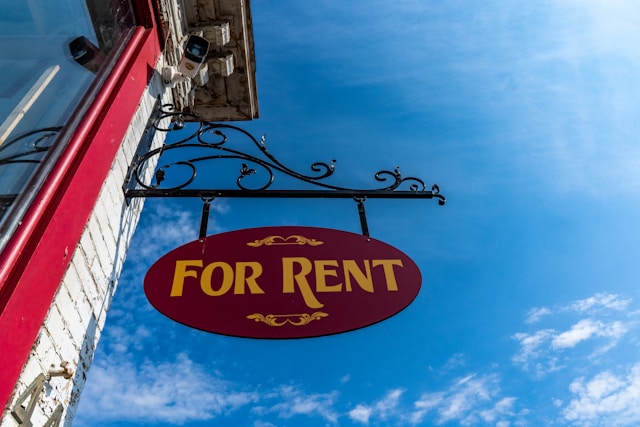Illegal short-term rentals have long disrupted communities, but Oro-Medonte is saying enough is enough. With a comprehensive plan in motion, the township aims to wrest control back from rogue operators.
The serene township of Oro-Medonte, known for its picturesque landscapes and tight-knit community spirit, has found itself battling a modern menace: illegal short-term rentals (STRs). These unregulated accommodations, often advertised on platforms like Airbnb, have sparked frustration among residents due to noise complaints, overburdened septic systems, and parking chaos. In response, the municipality has introduced a licensing plan that promises to bring order and fairness to the rental landscape while keeping community well-being in focus.
At the heart of this initiative is a zoning bylaw that restricts STRs to just two areas – the Village One zone around Horseshoe Resort and the Residential Two zone, home to Carriage Hills Resort and Carriage Country Club. These restrictions are meant to retain the township’s character, ensuring that residential areas remain peaceful and free from disruptive rental activities.
To ensure compliance, Oro-Medonte has drafted a detailed licensing framework. Property owners looking to operate STRs in designated zones must meet strict conditions, including limits on occupancy, adequate septic capacity, and a requirement for $2 million in insurance coverage. A responsible person must also be available on-site to address any issues promptly. But the township didn’t stop there – violations of these conditions carry significant penalties, ranging from monetary fines added to property tax bills to a demerit point system, which could lead to licence suspensions for repeat offenders.
One notable feature of the plan is its collaboration with Granicus Host Compliance Services, a third-party enforcement service that identifies illegal STRs through comprehensive online monitoring. Once identified, operators are issued warnings, and persistent offenders face escalating fines, starting at $1,250 for first-time violations and increasing with subsequent infractions. These penalties serve as a powerful deterrent, making it financially unfeasible for rogue operators to continue their activities.
Why has Oro-Medonte taken such a firm stance? Beyond preserving the township’s community character, this crackdown aims to level the playing field for law-abiding operators and ensure compliance with the law. Unregulated rentals often bypass safety standards and contribute little to local economies, creating an unfair advantage over legitimate businesses. Moreover, the licensing framework provides tools for addressing residents’ concerns directly, from noise complaints to safety violations.
With public consultations underway and the draft plan open for feedback until early April, Oro-Medonte is setting a thoughtful example of how municipalities can balance economic opportunities with community integrity. While the debate continues among residents, one thing is clear: the township’s focus is on safeguarding its neighbourhoods for the long term.
Such measures may not please everyone, but they highlight the importance of local governments taking proactive steps to address the challenges of modern urban living. By prioritizing fairness, safety, and accountability, Oro-Medonte isn’t just regulating rentals – it’s fostering a community where everyone has a fair chance to thrive.
References:
Check out Oro-Medonte’s licensing plan to control short-term rentals

